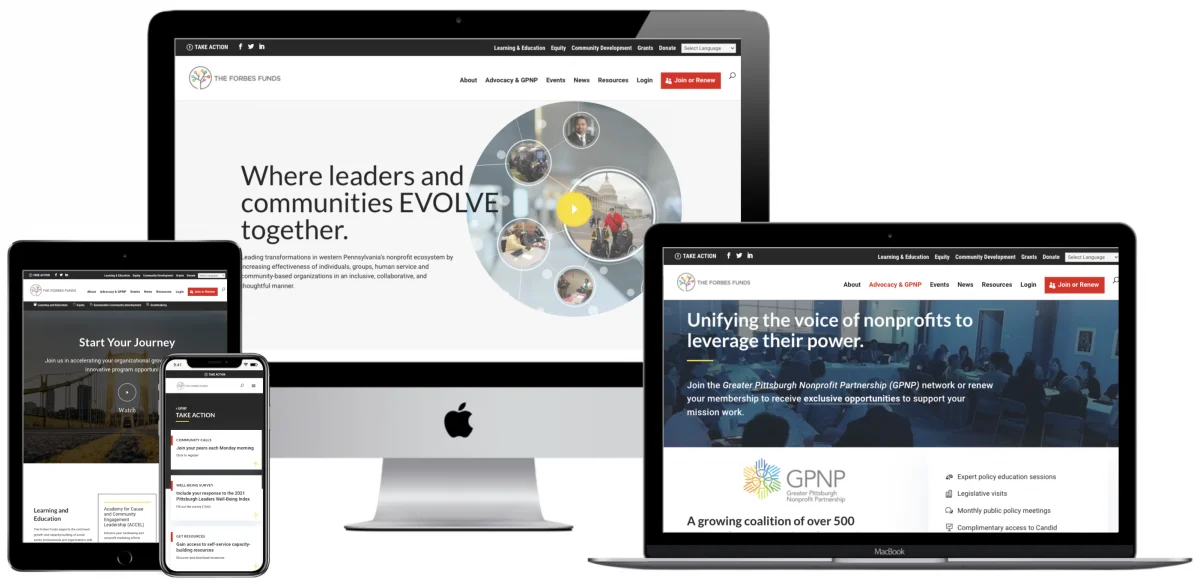The marketing era began in the 1950s and 1960s but much has evolved in the last sixty to seventy years. Absolutely everything we buy has been concocted by an organization to market to our needs, whether real or imagined. The women’s shaving industry as one example began because Gillette wanted to sell more razors. Good marketing evokes our emotions (shame, fear, love, sorrow, a sense of belonging) and tells us what we think we need to solve those problems. Sometimes we really do need a product – for example, an electric screwdriver will be more efficient than a simple Phillips head manual one when building your shelving unit – but other times like buying a designer coat or scarf over a regular one (or less expensive branded one) are just desire-based purchases and not “needs.”
Since marketing plays a pivotal role in modern business strategies with the power to influence and shape consumer perceptions, marketers must ensure that their campaigns align with the company’s mission and values. In a world where consumers are increasingly demanding ethical practices, it has become imperative for marketers to employ ethical tests to guide their strategies. Let’s explore the significance of ethical tests in marketing and how they can help ensure that campaigns align with a company’s mission.
The importance of ethical marketing
Marketing is no longer just about pushing products and services to consumers. It’s about building relationships and trust, which requires a commitment to ethical marketing practices. Ethical marketing involves being transparent, honest, and responsible in your communication and promotion of products or services, which not only benefits the company’s reputation but also resonates with consumers who are looking for socially responsible brands.
Unethical marketing practices are not limited to but include misleading ads, hidden fees, misleading images/promises, using pressure tactics, false endorsements, exaggerated results, deceptive pricing, and false information. As a web development agency, we can tell you we get results but if we say something misleading like “increased web traffic for X company by 200%” when that meant the company’s website had five viewers and now has ten (to keep numbers simple), whilst “true” it is misleading – and therefore highly unethical and against our key principles. Of course, that’s a hyperbolic example and Key Medium’s case studies speak for themselves.
Moreover, unethical marketing practices can have dire consequences, including legal issues, negative public perception, and loss of consumer trust. A company that doesn’t align its marketing with its mission and values can easily damage its brand image, which can take years to repair, if at all.
The role of ethical tests in marketing
Ethical tests in marketing are frameworks or guidelines that help marketers assess the ethical implications of their campaigns. These tests provide a structured approach to evaluating marketing strategies and ensure they are consistent with the company’s mission and values. Several ethical tests can be applied in the marketing context:
- The categorical imperative test: Based on Immanuel Kant’s philosophy, this test involves evaluating whether the proposed marketing action could be made into a universal law. In other words, if everyone adopted the same marketing approach, would it lead to a desirable outcome? For example, if every company engaged in false advertising, trust in the market would erode.
- The utilitarian test: This test focuses on the overall happiness and well-being of the majority. Marketers should ask whether the campaign will create more happiness and benefit to consumers and society than harm. This involves a careful assessment of the potential negative consequences of a campaign, such as environmental impact or harm to consumers.
- The virtue ethics test: Virtue ethics assesses the moral character of the marketer and the company. It questions whether the campaign reflects virtues such as honesty, integrity, and empathy. This test encourages marketers to consider whether their actions align with the company’s mission to be a positive force in society.
- The stakeholder test: This test examines the impact of the campaign on all stakeholders, including customers, employees, suppliers, and the community. It’s essential to consider how the campaign might affect each group and whether it aligns with the company’s mission to create value for all stakeholders.
Ultimately, as a nonprofit (or any organization), you want to ensure all marketing campaigns are ethical – no one wants to be the figurative Mr Wormwood of Roald Dahl’s story Matilda where he’s a deceitful, dishonest used car salesman and a neglectful father to boot. Make sure what you’re selling is something you genuinely think will make the world a better place – and for nonprofits that “selling” can mean what you’re taking donations for, and which causes you’re supporting.
Applying ethical tests in marketing: an example
To illustrate how ethical tests can be applied in marketing, consider a hypothetical scenario where a cosmetics company is planning a new marketing campaign for its beauty products. The company’s mission is to empower women and promote self-confidence.
- Categorical imperative test: The marketing team asks whether making false claims about the products, such as promising unrealistic beauty results, can be a universal law. They recognize that if all beauty companies engaged in such practices, it would harm the self-esteem and confidence of women. Consequently, they reject the idea.
- Utilitarian test: The team evaluates the potential consequences of the campaign. They recognize that exaggerating product claims may lead to temporary sales but could harm customer trust and well-being in the long run. The campaign’s potential harm outweighs any short-term gains, so they decide to take a more honest approach.
- Virtue ethics test: The marketing team reflects on the virtues they want to embody as a company. Honesty and promoting self-confidence are key virtues in their mission statement. They decide that the proposed campaign, which involves exaggeration, doesn’t align with these virtues and opt for a more ethical approach.
- Stakeholder test: The team considers how the campaign might impact customers, employees, suppliers, and the community. Exaggerated claims may lead to disappointed customers, erode employee morale, and damage the company’s reputation in the community. As this doesn’t align with the mission to empower women and promote self-confidence, they choose a more responsible campaign.
In this scenario, applying ethical tests guided the marketing team to make choices that align with the company’s mission. They opted for transparency, honesty, and an approach that genuinely empowers women, demonstrating their commitment to ethical marketing.
When you’re working on your marketing campaigns, ensure your efforts align with your mission and branding.
The benefits of ethical tests in marketing
Like anything, it comes down to brand reputation. Ethical marketing simply builds trust and credibility. Companies that stick to their mission and values are more likely to have customers recommend them.
Everyone wants to support ethical companies after all – whether customer or employee. Workers are more likely to be proud of their company’s practices and motivated to contribute to its success.
Another major reason for ethical branding is simply that it reduces your legal risk that may stem from deceptive advertising or false claims. Companies that adhere to ethical standards are less likely to face lawsuits and regulatory fines.
The challenges of implementing ethical marketing
While the benefits of ethical marketing are evident, there are challenges to its implementation. These challenges include balancing profits and ethics where sometimes pressure to maximize profits can conflict with ethical considerations. Another issue is ensuring all aspects of your supply chain are ethical, from sourcing materials to manufacturing. Finding companies that align with ethical standards can be complex, especially for companies with global operations.
Marketers may face ethical dilemmas where they must make tough decisions such as deciding whether to discontinue a product with a negative environmental impact, which may affect profitability.
Finally, all companies want to be competitive and may worry that ethical practices could put them at a competitive disadvantage if competitors don’t follow the same standards. It requires a commitment to ethical marketing despite these concerns.
Despite the challenges, being an ethical company is just the right thing to do so there are more positives than negatives in this scenario.
The takeaways
In an era of heightened awareness and consumer demand for ethical practices, ethical tests in marketing are essential tools for ensuring that campaigns align with a company’s mission and values, which in turn builds brand trust and loyalty.
If you need an updated website or advice on how to embark on ethical marketing campaigns for your organization or nonprofit, get in touch with Key Medium today.

Elaine Frieman holds a Master’s Degree and is a UK-based professional editor, educational writer, and former marketing agency content writer where she wrote articles for disparate clients using SEO best practice. She enjoys reading, writing, walking in the countryside, traveling, spending time with other people’s cats, and going for afternoon tea.

